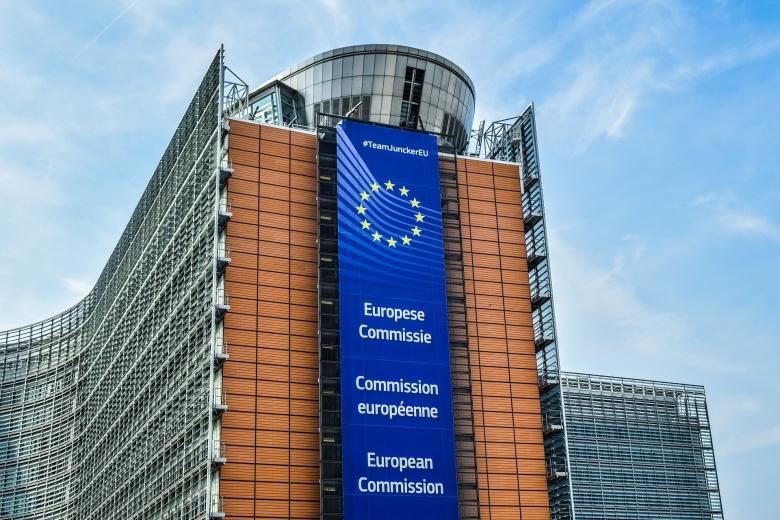The European climate law: too much power for the Commission?
On March 4 2020, the European Commission presented its proposal for a European Climate Law in which a framework for achieving the objective of climate neutrality by 2050 would be legally established. At a political level, this goal has already been endorsed by the European Parliament in its...









